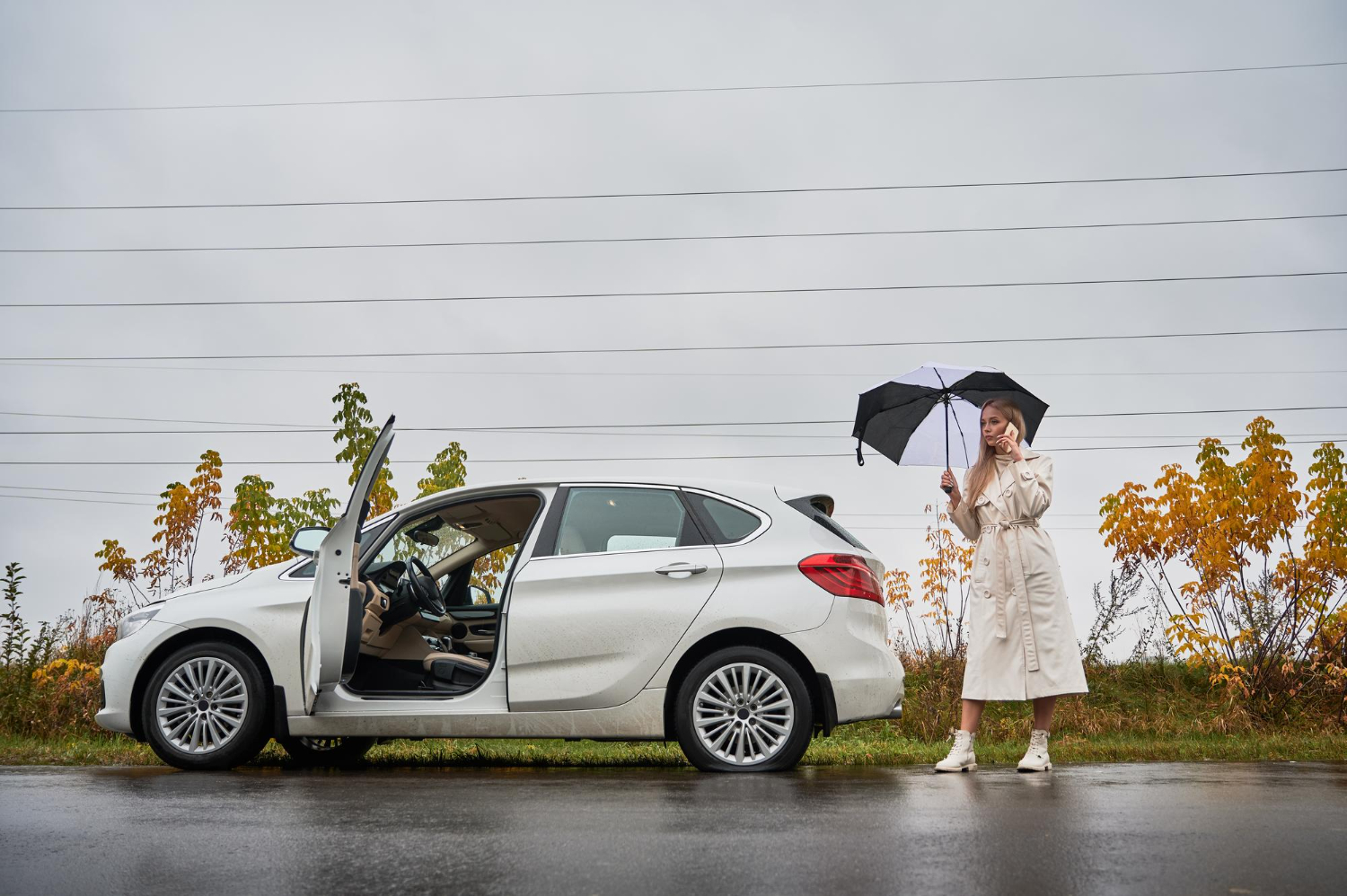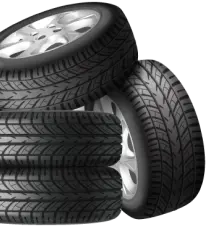Does driving in the rain seem exciting? Of course, it does! But do you know your vehicle needs extra attention and care when driving on wet roads? Yes, by taking some preventive car care measures, you can protect your vehicle from rainwater damage and ensure your safety as well as that of your car.
Modern cars are equipped with advanced technology to detect dangers, but they can't sense sudden increases in water levels. Most things that harm your car can be controlled, but sudden floods are tricky. Rainwater can cause serious damage to certain vehicles, leading to mould growth, corrosion, and mechanical problems in the long run.
Well, car service Melbourne experts at BCS Workshop suggest a full car service to ensure its optimal performance and safety during heavy showers. Implementing certain car care tips for rain can still ensure your car’s optimal performance even after heavy showers.
Car care tips during rain
As said, your car needs special attention and care during a downpour. Broken or damaged car wipers, headlights, slippery tyres, etc., can all lead to serious road risks during rain.
If you want to minimise the risks on the road and enjoy a hassle-free driving experience in the rain, here are certain tips for car maintenance during rain you must follow.
1. Fix car wipers
During the summer, the wipers are not used much, so any issues with them may go unnoticed until it starts raining again. It's a good idea to occasionally check the wipers, even when you don't need to use them.
Further, if you use wiper blades often, they can get worn out early and become hard because of the oily fumes and dust. This causes scratches and obstructs the proper cleaning of the windshield.
If the wiper blades aren't working well, you just need to replace both of them to make sure they wipe evenly when it's raining heavily during rain.
Another clever thing to do is to make sure you always have enough wiper fluid in your car.
Sometimes, fog can form on the windshield, making it difficult to see. To clear it away, simply point the air-conditioner towards the windshield.
2. Check the brakes.
The brakes of your car can suffer the most during rain. Water tends to get inside them, which reduces their ability to slow down or stop the car effectively. To prevent this, it's important to check the level of brake oil and ensure that the handbrake is working correctly.
Start by checking the level of brake fluid. You can do this by looking under the hood of your car. Checking the brake fluid is actually quite simple. Just see if there are any leaks and ensure that the fluid is at the right level.
While you're driving, pay attention to how your car behaves when you hit the brakes. To do this, tap the brake pedal a few times while driving through water-logged streets. This will generate heat in the brake system, which helps dry the brakes and gives you enough power to stop when you really need to.
But if you notice that the car pulls to one side, it's a sign that something might be wrong with the brake pads. In that case, we suggest you bring your car to our car service centre and have our professionals inspect it for you.
3. Inspect the engine
Before you drive in the rain, make sure your engine’s performance. To ensure this, perform a visual inspection and check for signs, such as fluid stains or a knocking noise coming from the engine.
Also, see if all the liquids in the engine, like gear fluid, transmission fluid and engine oil, are at the right level and if there are any leaks.
4. Keep your car rust-free
The metal frame of a car keeps the inside parts safe from moisture. If your car is old, applying an anti-corrosion treatment will help shield the main structure from getting damaged by moisture that causes rust. You can choose to use a special spray or coating underneath the car's body.
Additionally, you have other options too:
- Coat the vehicle’s battery terminals: You can protect your car's battery terminals from rust by applying a special grease that prevents corrosion.
- Get your car wax coated: Changing weather conditions with periods of rain and dryness can make the paint on a car peel and lose its colour. To keep the car's paint in good condition, it is advised to apply a wax coating before the rainy season begins.
6. Check the depth of your tyres’ treads
Make sure your tyres, including the spare one, have enough air and the treads are not too worn out. The grooves on the tyre help water escape from the road. So if your tyre is old and worn down, it won't grip well, and your car might slide on wet roads. If that happens, you should get it replaced right away.
When you're driving in the rain, it's important to have your tyres properly filled with air. This will help your car maintain a good grip on slippery roads, which lowers the risk of skidding. If your tyres are underinflated, they can be easily punctured when you drive over hidden potholes.
On the other hand, if they're overinflated, there won't be enough tyres touching the road, which reduces grip and increases the chances of skidding. By keeping your tyres inflated, you can avoid getting stuck on the road during a rainy day.
To learn more, take a look at our guide on essential tyre maintenance!
6. Get your headlights cracks fixed
During the rainy season, when it's difficult to see clearly, it's important to take care of your car's headlights, taillights, fog lamps, and brake lights. Make sure they are in good condition and not cracked or broken. If water enters these lights, it can cause problems and might be dangerous for you and others on the road.
- Always keep your headlights clean: A tried and tested method for preparing your headlamp reflectors for heavy rain is to put a little toothpaste on a soft cloth, gently rub it on the glass surface, and then wipe it off with a damp, clean cloth.
- Keep extra fuses in your toolkit: Make sure to keep some extra fuses in your toolbox and ensure that the wires connected to the lights and fog lamps are well protected. These lights will definitely come in handy when it's raining heavily.
7. Check the batteries of your car
Car batteries last for about 5 years on average. However, it may shorten to only one to two years as a result of corrosion due to cold and humidity, especially during the rainy season. If you face difficulty starting your car, turning on the lights, or observing any other similar signs, there is a significant likelihood that your car's battery is either deteriorating or swelling.
To prevent being stuck in the middle of stormy weather, we highly advise you to replace the car's battery as soon as you notice these warning signs.
8. Ensure regular car service
Getting your car serviced regularly offers a swift and effective means of detecting and resolving a majority of the above-mentioned car issues. Additionally, a professional service can address any problems you might overlook or lack the ability to fix on your own.
While your car undergoes maintenance, you can take advantage of the opportunity to have it thoroughly cleaned and polished. This will enhance its protection against various elements.
The takeaway
Proper car care during the downpour is crucial for ensuring safety and maintaining vehicle performance. Regularly check tyres, brakes, and wipers. Keep the car clean, apply a protective wax coating, and address rust issues promptly. Lastly, drive cautiously and maintain a safe distance to navigate through wet and slippery roads effectively.
And if you need any assistance, or are looking for a reliable car service in Melbourne, do not hesitate to contact us. BCS Workshop is a renowned name in the vicinity of Melbourne and can help you with your car repair, maintenance and service. We serve a wide range of vehicle brands, including, but not limited to, Volkswagen, Kia, BMW, Honda, Audi, and Mazda.
Book your appointment with us today!









